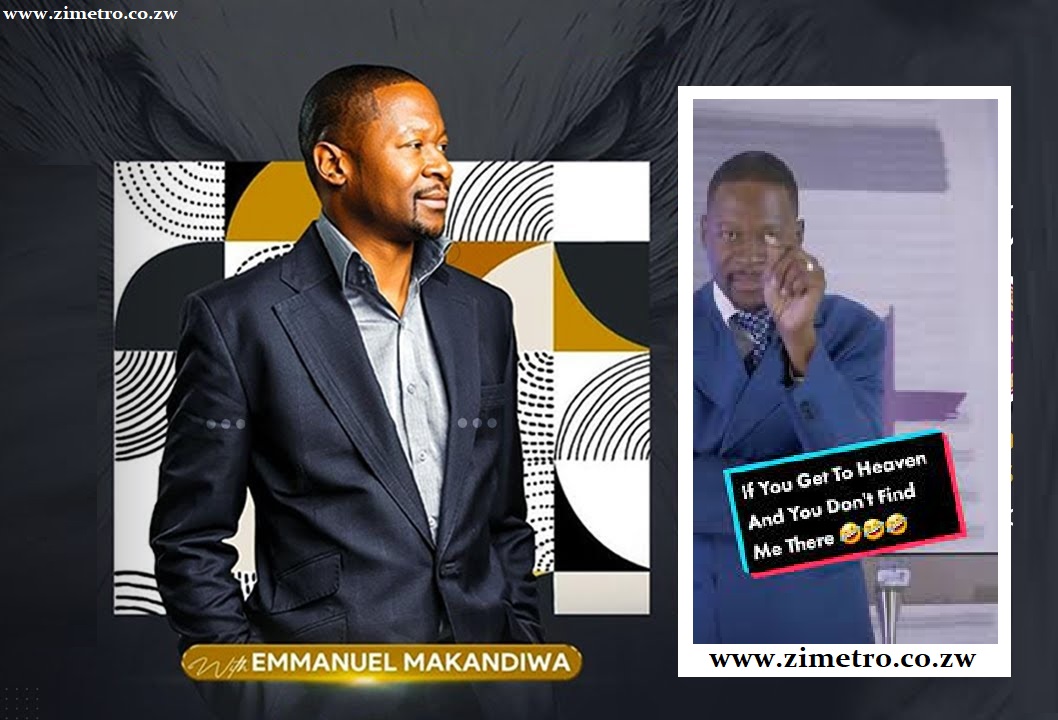Emmanuel, the leader of the United Family International Church (UFIC), has predicted that the ruling ZANU PF and President Emmerson Mnangagwa will win the forthcoming August 23 elections.
Makandiwa confidently declared that the ruling ZANU PF party would emerge victorious with a significant margin. He said, if Zanupf loses the election, his followers should then find another man of God.
This revelation has sparked intense speculation and debate throughout the country, as citizens eagerly await the election outcome to see if his prophecy comes true.
Some critics argue that religious leaders should not only focus on election predictions but also address pressing issues such as human rights abuses, corruption, and political vices in the country. Norton Member of Parliament (Independent), Temba Mliswa said:
It’s tiresome how these supposed men of God keep posturing about prophesying who the winner of the elections will be without also speaking out against the many human rights abuses, corruption, violence and other political vices plaguing the country.
As the election date approaches, Zimbabweans find themselves torn between hope and scepticism, eagerly anticipating the unfolding events.
The nation awaits the verdict on August 23, which will shape Zimbabwe’s future. Several self-proclaimed prophets including Nigerian pastor, Samuel Akinbodunse, have made predictions stating that opposition leader Nelson Chamisa will emerge victorious in the upcoming elections, following his loss in the contentious 2018 presidential election.
Effects of Makandiwa’s “Prophecy”
Makandiwa’s “prophecy” about the upcoming elections can impact voters in various ways. It may strengthen the support of his followers for the ruling ZANU PF party, reinforcing their beliefs.
The prophecy could also lead undecided voters to reconsider their choices or become more cautious. However, it might also result in voter apathy among opposition supporters who feel that the outcome is predetermined, leading them to potentially give up on voting altogether.
Religion has played a significant role in Zimbabwean politics throughout history. Before colonialism, traditional governance relied on spirit mediums who influenced the selection of kings. During colonial rule, Christianity was introduced and used by authorities to justify control.
However, churches also became spaces for resistance against oppression. After independence, the government maintained close ties with religious leaders for nation-building. Nevertheless, concerns have arisen about the misuse of religious platforms by influential figures like Makandiwa, Walter Magaya, Nehemiah Mutendi, Uebert Angel, and Madzibaba Andyby to sway congregants towards political agendas, including support for the ruling ZANU PF party.
Religion in Zimbabwean politics offers moral guidance, social cohesion, and resistance, but the blurring of boundaries between religious and political spheres raises questions.
More | ZiMetro News

For comments, Feedback and Opinions do get in touch with our editor on WhatsApp: +44 7949 297606.
